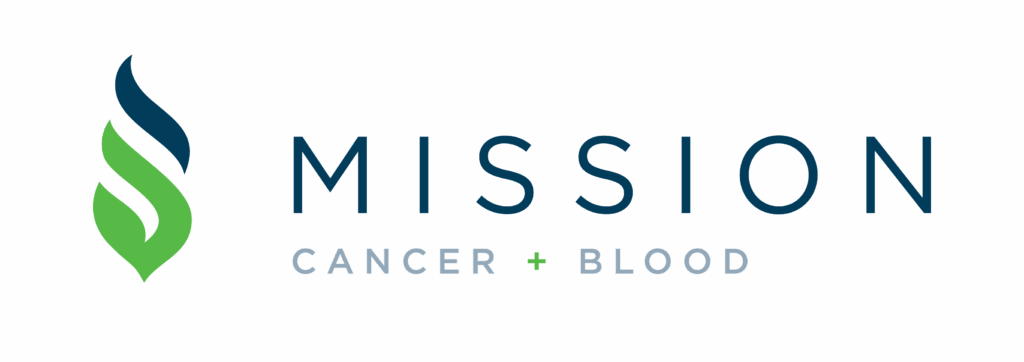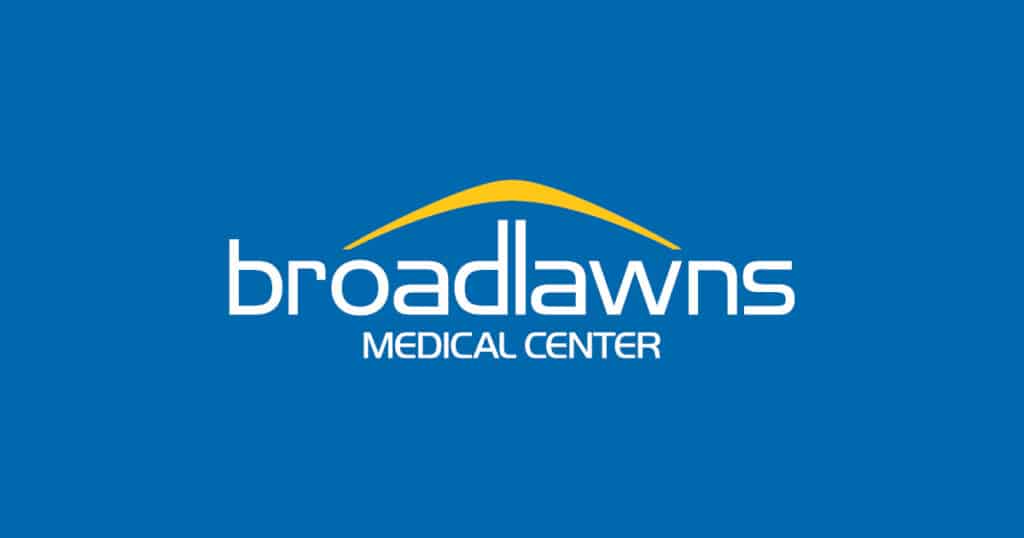Discount dental plans offer lower-cost alternative
Enrollment in self-paid plans fell during recession, however

Two years ago, Dr. Steffany Mohan began offering a discount dental plan as an option to patients who didn’t have dental insurance. Today, she estimates that about 20 percent of her patients are enrolled in the plan.
“We searched all over to find something that we thought was really good for our patients,” said Mohan, who practices at Plaza Dental Group in West Des Moines.
Discount dental plans charge their members a flat annual fee for access to a network of dentists that accept their discount card. The dentists in each network charge reduced fees that have been negotiated with the discount dental plans.
The plan that Mohan selected, Quality Dental Plan, costs her patients $325 annually, which includes two free preventive visits and a discount of 10 to 15 percent on most procedures. Additional family members can be added for $225 each per year.
Though the discount “doesn’t sound like a lot, it adds up,” said Mohan. Plans that advertise 50 percent or more savings on their websites may sound good, but they probably aren’t being offered by any dentists, she said.
Emerging market
The National Association of Dental Plans (NADP) estimates that approximately 13.3 million Americans were enrolled in discount dental plans at the end of 2009, the most recent data available.
Of the NADP’s 78 member insurance companies, which sell approximately 90 percent of all dental insurance in the United States, 25 also offer discount dental plans, including seven companies that sell only discount dental plans, said Evelyn Ireland, the NADP’s executive director. A few insurers also own subsidaries that specialize in discount dental plans.
Participation in all types of dental plans among individuals decreased during the recession, due primarily to work-force reductions at companies that offer the benefit, as well as decisions by budget-strapped employees not to continue their voluntary coverage in a plan, she said.
Though it might seem like discount plans would have more takers during a recession, the opposite was true. The number of people enrolled in discount plans decreased by about 2 million in 2009.
“Since more discount dental is fully employee-paid than other dental products, it makes sense that discount dental plans would be impacted in a tough economy,” Ireland said. Seventy-one percent of discount dental plans are voluntary benefits paid by employeees, compared with 17 to 20 percent of dental insurance plans that are voluntary, she said.
Neither the Iowa Dental Board nor the Iowa Dental Association keeps track of how many of Iowa’s 2,014 practicing dentists participate in discount dental plans. However, they appear to be widely accepted by Greater Des Moines dentists, based on searches of sites such as DentalPlans.com, which turned up a list of at least 100 local dentists, many accepting multiple discount plans.
Cautious about discounts
One Des Moines dentist, Dr. Robert Dahlberg, said he has been approached by many discount plan vendors, but that he is cautious about enrolling. Dahlberg is enrolled in Preferred Network Access by Cigna and Alliance HealthCard Gold Card, according to DentalPlans.com.
“I’m all for helping people in our community receive good treatment to provide good oral health,” he said. “But I’m always a little cautious, because to stay in business at a fair price, I have to be careful about signing up with companies that ask me to write off too much.”
Given the prices of dentistry materials, particularly gold, “the cost of dentistry is not going down,” Dahlberg said. “The person who gets hurt in these heavily discounted plans is the dentist.”
Mohan, whose three-dentist practice devotes more than one full-time-equivalent position just to processing insurance paperwork, said she would like to be able to stop using dental insurance altogether in favor of discount plans.
“If there were only the doctor and patient, there would be a lot of dollars saved,” Mohan said.
And, “patients have been just overjoyed with the plan,” she said.









